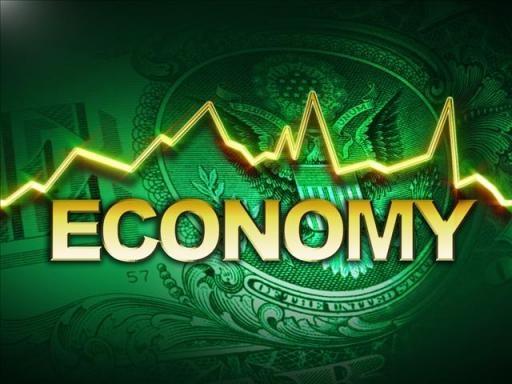Market Data

May 24, 2017
Kansas City Manufacturers Expecting Future Growth
Written by Sandy Williams
Manufacturing grew moderately in the Tenth District in May, according to the Federal Reserve Bank of Kansas City. In the bank’s latest survey the composite index rose to 8 from 7 in April. Indicators were mixed, with little change overall from last month. Production and shipment indexes were slightly lower as employment and backlogs inched higher.
New order and new export orders were flat. The finished goods inventory index slid from 8 to zero while raw materials was unchanged at 4. The indices for prices of finished and raw materials eased somewhat.
Optimism was future factory activity was strong, rebounding from 17 to an index reading of 30. All components of the future composite index rose considerably in May. Inventories are expected to increase modestly, more capital spending was predicted and employment levels eased back from Aprils forecast.
Survey respondents made the following comments:
“Our energy related business is still sluggish. Most other things are up somewhat and we are cautiously optimistic; however, there is anxiety as to whether business-friendly initiatives will be able to be put in place on a sustained basis.”
“Seasonal uptick has moved our month-to-month numbers up. We are still tracking significantly behind last year. Do not see significant improvement in final six months of year that will change that trend.”
“Business conditions are more positive than any time since 2012. Automotive business is very strong and industrial is rebounding nicely.”
“Business is steady but has slowed down for the warmer months. We are still tracking ahead of last year.”
“Orders continue to flow in with the size and scope resulting in economies of scale and increased profitability.”
“I have major concerns about changes to H1B program. Our company not only desires to have skilled people, but the H1B program has been beneficial to attracting specific skill sets where advanced degrees are needed. We struggle to attract skilled workers to our rural community. The H1B program (initiated with a partnership with a university) has been critical for our business and we are close to losing a very talented person because of the random selection program.”







